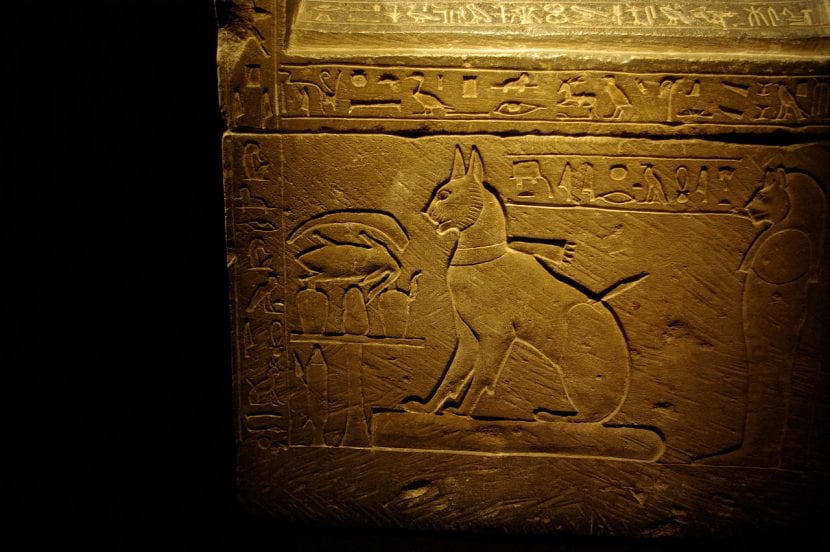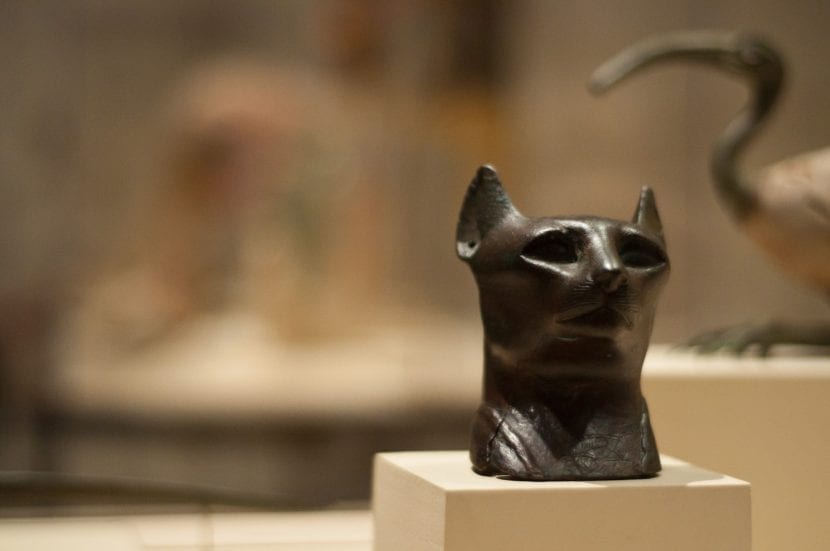
Sarcophagus of the cat of Thutmose, about 3500 years ago.
It has been many years since they wanted to know where did the domestication of the cat begin, that furry animal that, unlike any other feline, has accepted the company of a species such as humans.
Well, we can finally have our answer thanks to the paleogeneticist Claudio Ottoni, who used DNA from bones, teeth, skin and hair from more than 200 cats found in archaeological sites in the Near East, Africa and Europe.
Today it is known that the Happy New Year is the ancestor of the domestic cat (Patas). According to Ottoni's results, which have been published in Nature Ecology and Evolution, domestic cats descend from Bos lybica or african wild cat. This furry man lives in the Near East and North Africa.
About 5.000 years ago there was a civilization that worshiped them: the Egyptian. They, the ancient Egyptians, worshiped cats to the point that they worshiped a goddess in the form of a cat: Bastet. This relationship however started very early, when the first humans settled in the Near East and started growing corn, wheat and barley 10.000 years ago.

These foods attracted rodents, and rodents attracted cats. The farmers of the time saw in these cats a companion who could save grain reserves, so over time a relationship was built that would continue to this day and that, surely, will never be broken.
From the Near East, and by the hand of humans (or, rather, their ships 🙂) they could reach Asia, Africa and Europe. Even so, it is not clear if the domestic cat descended from imported cats from the Near East or from Egypt, but it has been discovered that the striped pattern was the most common in the first cats. From the Middle Ages, specimens with spots began to appear.
You can read the study here.